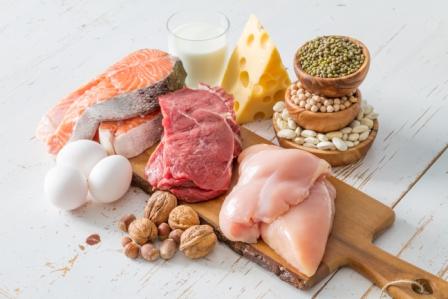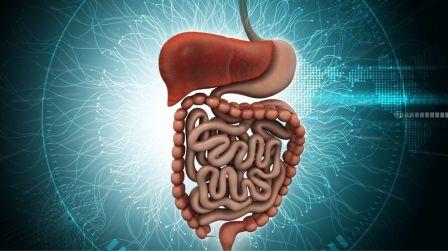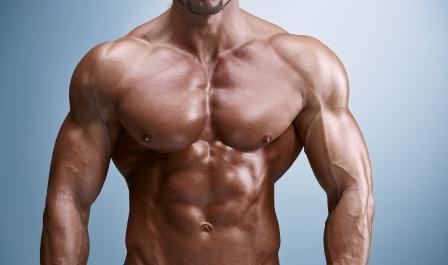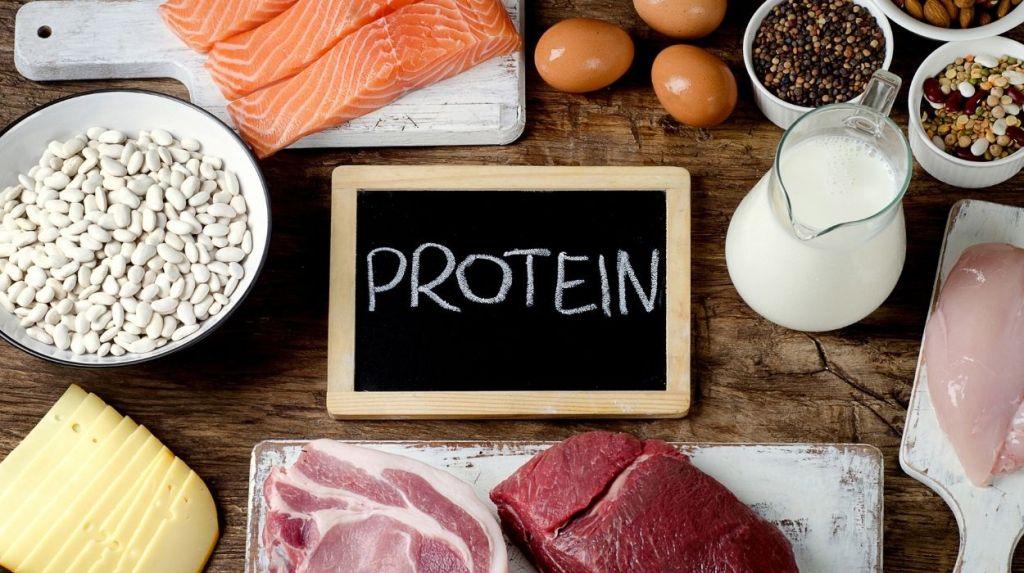Did you know that our body can make about eleven amino acids while the remaining nine or so must be absorbed by our body through the food we consume? Now, you must be wondering what amino acids are?
Well, amino acids are the small nutrient substance found in proteins. Protein acts as the building block in our body, which helps with muscle growth, hair strengthening, development and repair of organs, controlling hormones and enzymes, and so forth.
Since proteins play a huge role in our overall health, it is justifiable if you are curious to know how our body absorbs it and how it affects us.
This article will give you a clear-cut idea about proteins, how our body absorbs them, and how they affect us.
What Do You Understand About Protein?
Protein is one of the essential nutrients that your body needs as it helps to build, repair and maintain your body tissue. Proteins act as a source of energy and help carry oxygen (via hemoglobin) into the bloodstream. It also helps to improve eyesight, strengthens your bones, controls the level of the hormone, and so on. Apart from this, protein is also responsible for the production of enzymes in your body.
As mentioned before, protein is made up of smaller parts called amino acids. There are more than twenty amino acids, out of which our body can produce only eleven. These proteins are known as non-essential amino acids. The remaining nine are considered essential amino acids as we receive them only through our food. These nine essential acids include histidine, methionine, isoleucine, leucine, threonine, tryptophan, lysine, phenylalanine, and valine.
If there is less intake of proteins, then all the bodily functions will be affected – leads to edema or anemia and can also result in slow growth rate and muscle tissue can shrink. However, if you consume more than the required quantity, it is more than your body can consume. This will lead to kidney or liver problems and even weaken our bones (leads to osteoporosis).
Sources Of Protein

We get all nine essential amino acids from meat, fish, eggs, milk, and other dairy products. These are considered high-quality (and quantity) protein sources and are known as whole protein or complete protein (since we receive all nine amino acids from these sources).
Apart from these whole protein sources, we also get essential amino acids from nuts, beans, seeds, grains, and other plant products. Since these food products usually lack one or more essential amino acids, they are called incomplete proteins.
The amount of proteins needed depends on numerous reasons, including weight, height, age, sex, and even occupation. It also depends on the type of food products you consume, i.e., vegetarian or non-vegetarian. If you consume meat and other dairy products, you will have a well-balanced protein level in your body. However, if you are a vegetarian or vegan, you might have to opt for a combination of food items to obtain all the essential amino acids.
Understanding The Digestion Of Protein

Before we learn about protein digestion and absorption, let us look at the recommended dosage. Doctors advise people to consume about 0.8 to 1 gram of protein per kilogram of a person’s body weight. So, protein consumption varies from person to person.
The mechanical breakdown of proteins is the first process, and this is done by chewing the food. After which, it chewed food mixed with saliva goes down the food pipe and into the stomach where the chemical digestion happens with the help of hydrochloric acid and the enzyme pepsin. In the stomach, with the use of enzymes, the protein is partially broken down.
This partially digested protein, also known as chyme, goes to the small intestine. Here, enzymes that digest proteins like chymotrypsin, trypsin, etc., help to break it down to compounds like dipeptides, tripeptides, and amino acids. The broken-down protein is absorbed by a small, finger-like structure inside the small intestine called the microvilli. It is then released into the bloodstream and goes to the liver, from where further distribution happens.
An average healthy human being can absorb about 20-25 grams (maximum healthy limit). Our body excretes the excess protein and the toxic ammonia as urine. The solid proteins that aren’t fully digested move to the large intestine and are excreted as feces.
How Does It Affect Our Body?
1. Build Stronger Muscles And Improve Muscle Mass

You must have heard from a young age how protein is the building block of your muscle. Protein helps to maintain muscles mass and also helps with muscle growth. We can consume protein supplements like whey protein just after a workout to get your quick dose of protein. On the other hand, consuming casein proteins ensures a steady amount of amino acids for proper growth, strengthening, and repair.
Source: https://www.ncbi.nlm.nih.gov/pmc/articles/PMC6566799/
2. Decreases Your Appetite Level

Did you know that having a well-balanced protein diet can be quite filling? Hence, it reduces our appetite, delays hunger, and helps with fat loss. Proteins not only make you feel full but also reduce the level of ghrelin (a hormone that affects your hunger level) in your body and increase the metabolism rate. So you have a fuller stomach, but your overall fat level is less.
Source: https://www.health.harvard.edu/staying-healthy/extra-protein-at-breakfast-helps-control-hunger
3. Overall Repair And Recovery

Protein helps with the overall repair, recovery, and growth of the body. Apart from helping with muscle repair, development, and maintenance, it also provides anti-bacterial protection, reduces high blood pressure levels, bad cholesterol (LDL), and triglycerides. Furthermore, it helps with speedy recovery after injuries.
Source: https://pubmed.ncbi.nlm.nih.gov/22098638/
You May Also Like To Read:
Best Multivitamin Tablet In India
Best Creatine Supplements In India
Takeaway
Protein is essential for the overall function, growth, and repair of your body. Having a well-balanced level of protein in your system maintains muscle mass and strength, controls the level of the hormone and acts as a source of energy. If you do not have sufficient protein levels, change your diet. If it still does not work, try protein shakes, powders, or supplements.
Have you ever had a low or highly high-level of protein level? What was the complication you faced? Would you mind sharing it in the comment section below?


